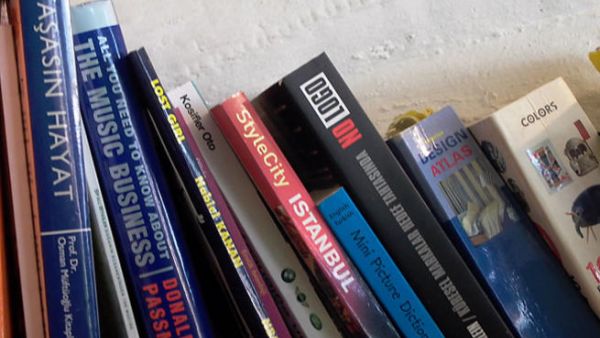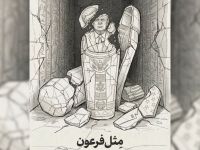Book-sellers, librarians and the reading public, rejoice in the land of the Turks, as a whole swath of banned titles now re-admitted include communist tomes and a comic book, among thousands of titles kept out of public reach by Turkey over the decades. Presently, they have been taken off the contraband list, as part of a government reform bill.
The motion to revisit the restricted list started in July when the parliament adopted a bill setting out that any decision taken before 2012 to block the sale and supply of published works would be obsolete if no court chose to confirm the ruling within six months.
The deadline passed Saturday, January 5, and no specific titles were nominated for the re-ban, according to the head of Turkey's publisher's union, Metin Celal Zeynioglu, such that the new legislation could go forward: "All bans ordered by (the courts in the capital) Ankara will be lifted on January 5," city prosecutor Kursat Kayral confirmed to AFP.
Kayral had pre-empted the courts by announcing last month that he would let through all banned titles in his jurisdiction, a decision that cleared 453 books and 645 periodicals in that area alone. Yet this leaves many books still to be liberated. While communist works such as the timeless "Communist Manifesto" by Marx and Engels, as well as essays by Soviet Stalin and legendary Lenin have been resurrected, together with the graphic novel, an atlas, and a report on the state of human rights in Turkey and an essay on the Kurds, there is still a way to go in recovering officially the thousands, 23,000 works according to Zeynioglu, of bootleg books.
But the ban ordained from above does not translate as a ban on the ground and in the publishing world readers have had on their specs and been eye-balling many an ilicit title. "Most [bans] have been forgotten over the years and publishers have resumed printing the banned books."
One strictly prohibited Turkish poet Nazim Hikmet, who died in exile in Moscow in 1963, had already found his way to the shelves despite the public ban.
Some point out that the reform is thus largely symbolic, and a way by the government of pacifying a population infected by Arab Spring expectations. They remain cynical about any true change in the Turkish state's governance.
"The mindset hasn't changed and people (in the administration) will continue to do whatever they think is right," said Omer Faruk, a former head of the Ayrinti publishing house.
He cited as an example the fate of one of his provocative published books: the erotic "Philosophy in the Bedroom" by infamous French writer Marquis de Sade. The text branded too bawdy was struck off the state’s good books list, but the Supreme Court overturned the call. Yet "despite the ruling, the book continues to be seized", Faruk said.
This skepticism is reinforced by the ruling Islamic-affiliated Justice and Development Party's record in matters of freedom of speech, with journalists, often Kurdish, behind bars and soap opera challenged by the government. But there is hope for the book-worms and revolutionary activists armed with texts.
"Many of the students arrested in demonstrations are kept in prison because they're carrying banned books," said the publishing official.
That excuse to arrest the menace of 'nerds' will have to be dropped now for something that will stand up in court.
Share your thoughts on reader's rights to all copyright titles: Do you think the Turks mean business and want to liberate books for the sake of introducing more freedoms or is this just a symbolic show in the face of Arab and Muslim world unrest?








